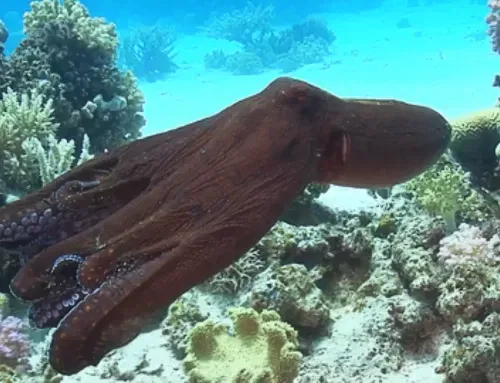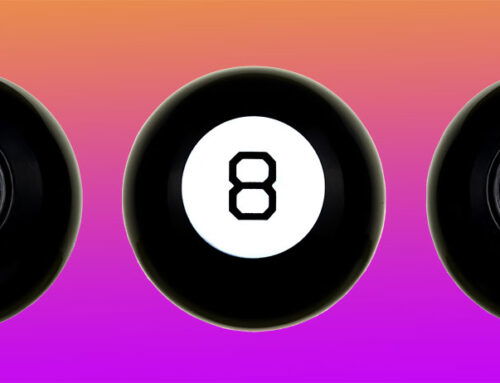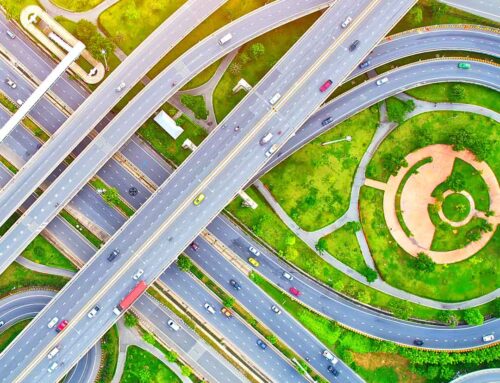To what extent does the future govern the present in our lives? In an earlier blog (Time: Real and Imagined; January 2, 2016), I raised this question.
Let’s say I was guaranteed (impossible, of course) that I would live an extended life, but I was also assured that planet Earth would be destroyed a year after my death. Would I continue to spin my wheels as always if I knew there wouldn’t be a future for those left behind?
Never mind the details. Is this Sci-Fi? Absurd? Not entirely. The question is couched in evolvability.
When I was writing Gene Sharing and Evolution (Harvard University Press, 2007), I considered a concept you may have never heard of – evolvability. Evolvability is not only a fascinating scientific question, but here I relate it to our own lives.
So, what is evolvability? First, let me tell you what it’s not: it’s not the visible part of evolution reflected in fossils.
Although there are, incredibly, still skeptics today who don’t believe in evolution, Darwinian natural selection (in common lingo, survival of the fittest) has played a central role in evolution, which depends on random genetic mutations that create physical changes in the organism. Most of these mutations are deleterious and die out over time.
However, there are rare instances in which a mutation causes a change that gives that gives the organism an advantage that makes it able to reproduce more successfully than its peers. These rare beneficial mutations are passed on to the progeny, who are the survivors that ultimately lead to new species. This is biological evolution: selecting for new traits popping up at random that make the individual able to cope and reproduce more successfully than its fellow species under present conditions.
Evolvability is different: it’s selection for the ability to adapt, not selection for the adaptive change itself. But, you may wonder, as many scientists have, how can the ability to succeed in the future drive what happens now? The future is an assumption that never arrives. The past provides the foundation and the present challenges survival. What role might the imaginary future play in evolution?
To some extent the idea that the non-existent future pulls evolution forward is reduced to semantics. Nevertheless, for the sake of argument, let’s say that the future, which invariably involves change, makes species tread in treacherous waters to stay afloat. Only an adaptive creature can survive, making adaptation itself selected.
In short, the future requires species to be adaptive, to be able to change, which means being less than perfect, flexible rather than rigid, and prone to accidents, having “plan B” always ready. If evolvability exists at all – if the future “directs” evolution by selecting for adaptability – it ensures our proteins do their job, but not so well that there isn’t “wiggle room.” This wiggle room is reflected in part by allowing proteins to perform more than one function. I have called these multiple roles for proteins “gene sharing,” meaning several functions share the same gene and, consequently, the protein that gene encodes. Proteins are practical beasts and able to switch roles for expediency; they remain flexible, robust and able to cope with unexpected changes. Without a future, of course, there would be no need for flexibility, since there would be no evolution.
And what about our genes? If genes didn’t make accidental mistakes – if they didn’t mutate occasionally (very rarely) at random – they wouldn’t have the resources to make their host able to cope when conditions change, which conditions always do. Without accidental mutations evolution wouldn’t exist because there would be no need for the replication of genes, the primary cause of mutations, to be imperfect, prone to errors that become artillery to conquer the new obstacles that appear in the future.
Pretty amazing thought, no? The future, which never arrives, affects the present, which we can’t escape and is always here. I was impressed by this general idea when I watched the Sailor Circus with my grandkids in Sarasota. The performers were children, yet they acted as mature, accomplished adults: they were living in two time zones simultaneously, the present and the future.
How many of our present decisions are made on the basis of our abstract future? To what extent do we focus on preparation for the years ahead? How much do we do or in order to leave a footprint, a legacy, in a future we will never see or know? Do we step down from challenges – sidestep personal goals, even pleasures, and ambitions – as we grow older anticipating our demise? In a phrase, to what extent do we live in future time?
I believe we inhabit in more ways than we realize an imaginary space and time – the constantly receding future. I, for one, as I age, like we all do, will try to make that abstract future a source of dreams rather than dreads for as long as I can.






Leave A Comment